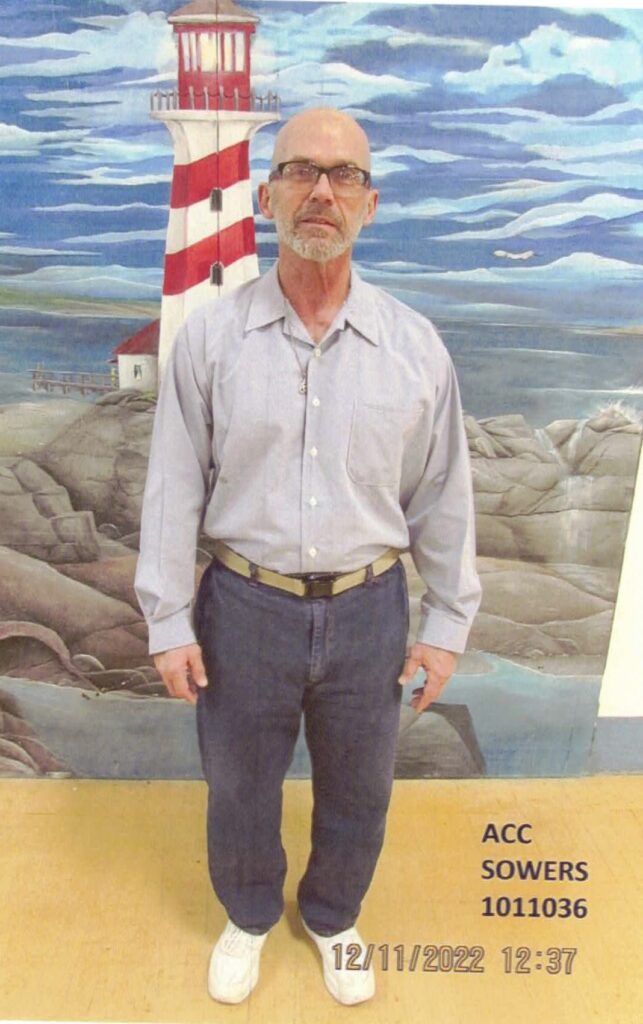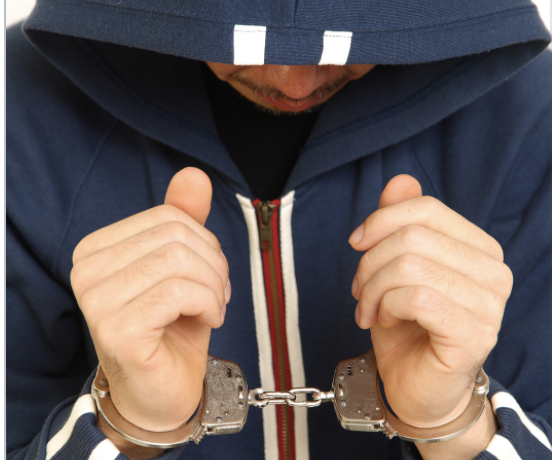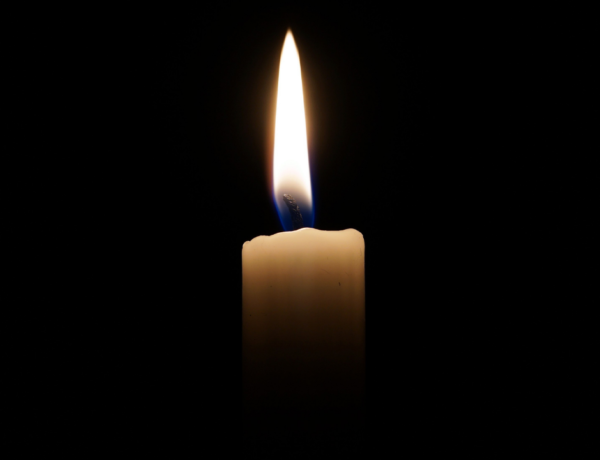August 29, 1981
I was a pretender, a misguided young adult who never learned how to control my irritable, irrational, and reckless behaviors. I had no idea how to undo my failing life and the harm I caused others, which landed me in a County Jail at the age of 24.
December 28, 1983
Thoughts of fear, survival, internal shame, and regrets were heavily on my mind while sitting in the back seat of a County Sheriff’s patrol car traveling down the interstate . . . final destination: the Walls.
Upon entering the “Walls” with a life plus 45-year sentence, I observed a city within a city, unknown and unseen by most of the world. Within days, I would learn as a prisoner that I would be treated no differently than everyone else. I would be subjected to the same conditions, rules and regulations, policies and procedures designed to torment, confuse, and conquer my very soul . . . if I allowed it.
42 Years Later
Members of the Virginia Parole Board, it makes sense to give legitimacy and purpose to the behavioral and reformation changes that I’ve made during these 42 years of imprisonment.
It makes even more sense that this parole board acts responsibly and recognizes this moment of readiness during my confinement, which makes me a trusted candidate for parole release.
You’ve said that “I need to serve more time on my sentence,” yet you never stated how much more time.
You’ve said that “I’m a risk to the community,” yet you haven’t identified any current risk since 1981.
At what point will you change your analytical view of who I am, and act with open vision and place yourself in my shoes in order to see my needs, expectations, and aspirations as clearly as you perceive your own? In doing so, you will see that I change and age, like you change and age, and I do grieve as you grieve.
After four decades of imprisonment and 28 years of systematic parole denials, “listen” to the voice of this man who longs for the opportunity to “stop” the harm caused by long-term incarceration, harm which accumulates within my soul and silent suffering . . . hidden behind these grey concrete walls.
I long for decompression from oppression. “I need for an environment where I can unite and heal with friends and family … to feel Alive and Free!”
I faithfully remain in touch with my supporters, Elise, Keith, Darrell, Tammy, Melissa (my sister) and Alora. These are the people who know me best, including staff past and present at Augusta Correctional Center.
During the past three months of 2022, I and two other inmates had the opportunity to speak to students from Washington & Lee School of Law (Public Defender students), Virginia Military Institute (Sociology students) and Blue Ridge Community College (Law Enforcement students). Students are free to ask any questions they choose. Many desire to hear the stories that led to our incarceration, our incarcerated experience, and our aspirations to be a part of society, to name a few.
I am also mindful of my June 2022 meeting with my counselor who informed me that the Board then chose not to grant me parole again.
She was apologetic and didn’t understand why. I told her no apologies were necessary . . . it’s the system. I explained that the Board knows I can never make up for the past I cannot change. It’s unfortunate though, since the people who trust and believe in me are friends, family, and staff members (past and present) at Augusta Correctional Center.
Harmful choices separated me from society in 1981, at age 24. Today I am 66 years old. I have lived a non-violent life for 42 years. My propensity of being a risk to society or recidivating is so minute, that it doesn’t exist. I am one man, among many, who remains in a positive light, guided by commitment and self-discipline. I have climbed my ladder of reform and virtue to its highest rung. I have complied with every command of the Virginia Department of Correction’s rehabilitative path within its governmentally limited environment. I have, as much as humanly possible, demanded and fought for more, for myself and others. I have witnessed decades of a chaotic evolution of parole and prison reform.
Don’t let outdated fears keep me “chained to a past I cannot change!”
With that said, “What more do you, members of the 2023 Virginia Parole Board require of David in order for him to not be considered a risk to society?”
My fear is not of death itself, but the depth death has without meaning.
Author’s Note
This 2023 personal statement to the Virginia Parole Board sums up a fraction of the 42 years of imprisonment I’ve served thus far. When it comes to people behind bars, many in society inexplicably deny what I know to be true . . . people change! The Virginia Parole Board can’t see the rewards of my positive changes and my human willingness to mentor others from where they sit. They need to remove their cognitive blinders. They need not fear my past, and politics has no place in deciding my future!
In “When Prisoners Come Home: Parole and Prison Reentry” (2003) Joan Petersilia says, “Rhine et al. (1991) note that, as the rehabilitative idea evolved, indeterminate sentencing, in tandem with parole, acquired a newfound legitimacy. It also gave credibility and purpose to parole boards, which were supposed to be composed of ‘experts’ in behavioral change; it was their responsibility to discern that moment during confinement when the offender was rehabilitated and thus suitable for release.”
Since my first parole interview with the parole interviewer in 1995, I do not recall any one Virginia Parole Board member ever having a degree in or being an expert in the field of Behavioral Science or Behavioral Change. Why? Maybe it’s doctrinairism?





No Comments